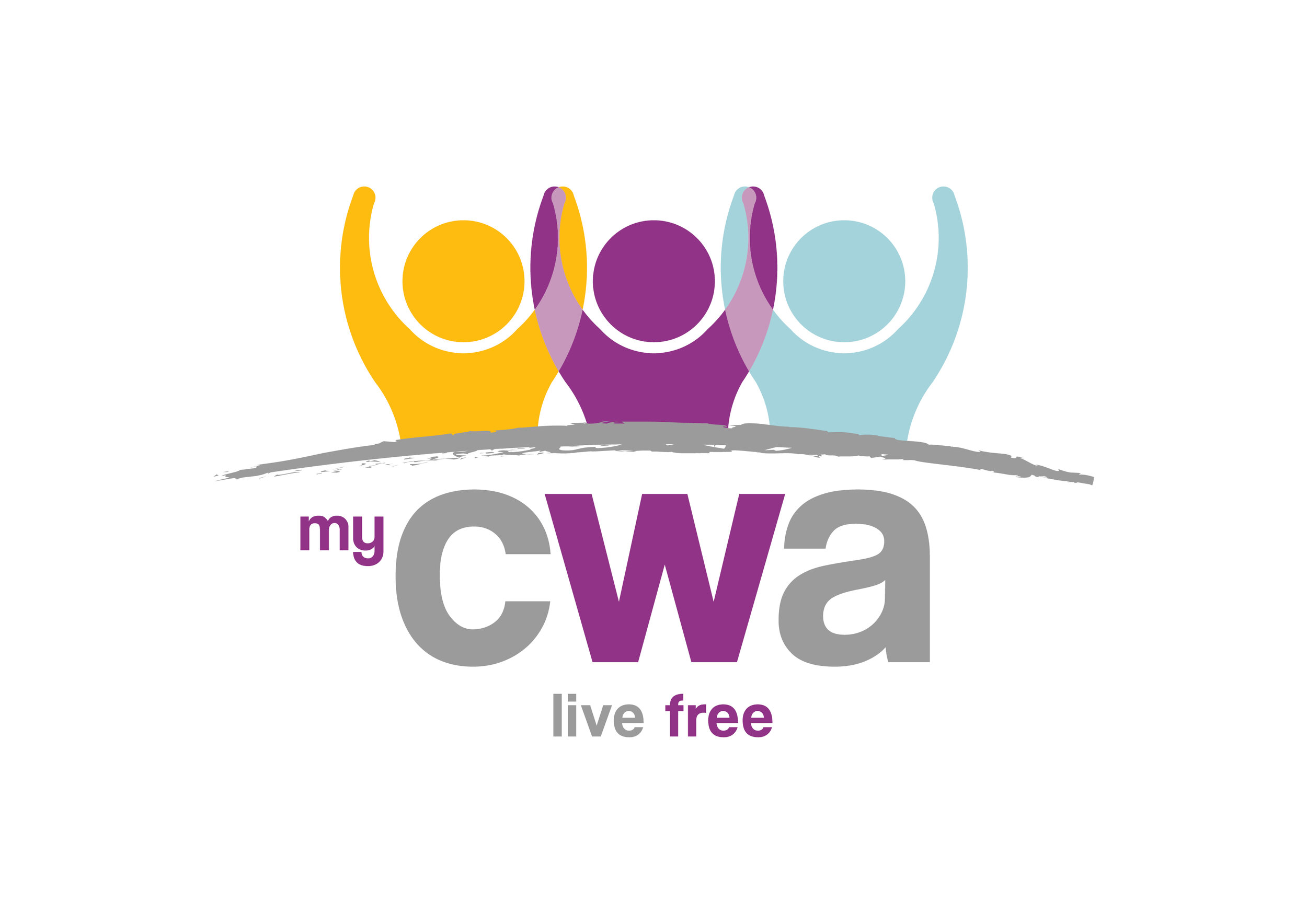self-help tools
Our self-help tools are designed to help you cope if you’re living in an abusive relationship.
Self-help tools: safety plan
If you’re in an abusive relationship, a personalised safety plan can help you work out your options and evaluate them. It can also help to limit the harm you and any children experience while living with your abuser.
The more you plan, the safer you’ll be. In fact, a thorough escape plan could save your life. Visit our safety planning page for details:
Self-help tools: keeping a journal
There are several ways that keeping a journal can help if you’re in an abusive relationship. Journaling can help you make sense of your thoughts and feelings. It can help you gain perspective. And it can help you work out what to do next.
You can write about anything you like – your journal is there to help you move towards the happy and positive future that you deserve. Click here to find out more:
Self-help tools: poetry writing
Lots of the people we support use poetry writing as a coping mechanism after they’ve experienced trauma. Poetry can help domestic abuse survivors move towards a brighter future.
Click here to read a selection of heartfelt poems written by some of the survivors we’ve supported, watch our This Woman poetry video and find out more about our poetry writing workshops.
Self-help tools: looking after yourself
With the help of our My CWA family, we put together a handy reference guide for taking care of yourself. It’s written especially for people who have been in – or are still in – unhealthy or abusive relationships.
The booklet is written by people who understand what life with an abuser can be like. It covers topics such as wellbeing, mindfulness and mood mapping. It also includes a few tried and tested self-care tips from domestic abuse survivors. You can download the booklet here:
Colouring for Adults
Adult colouring can be creative, calming, relaxing and therapeutic. Scroll through the pages of our Mindful Missions adult colouring book here and download your favourite designs. Or click on the download button below to save the whole book and dip in and out whenever you feel like it.
Self-help tools: for people who harm
If you’re concerned about your own behaviour – perhaps you’ve displayed harmful behaviours within an intimate relationship or you’re finding things stressful during the coronavirus pandemic – you might find our self-help tools for people who harm useful.
Body mapping, calm breathing and time out are tried and tested tools. Designed by psychologists. Why not give them a try?
Remember, the only person responsible for abuse is the abuser. You didn’t cause this. It’s not your fault. You’re not alone.
If you’re living with an abuser and want to leave, take a look at our leaving an abusive relationship page for more help with moving forward.
If you’re hurting other people, we can help you too. Judgement free. Visit our help for people who harm page to find out more.





